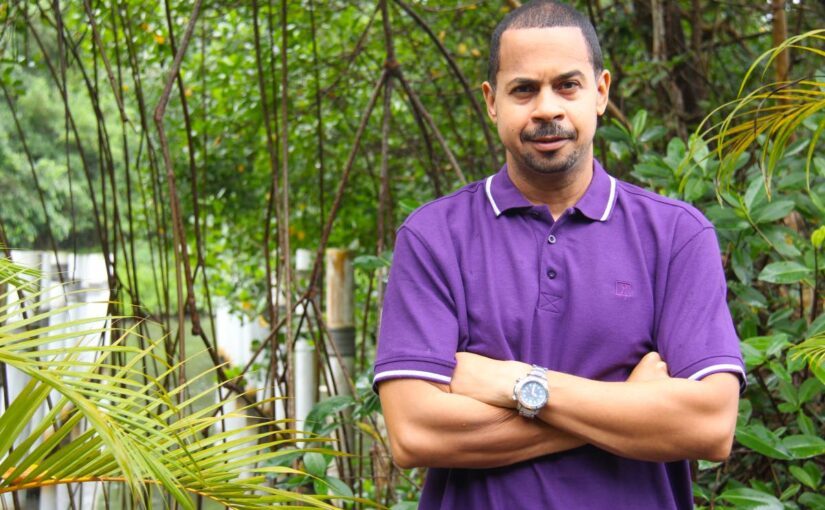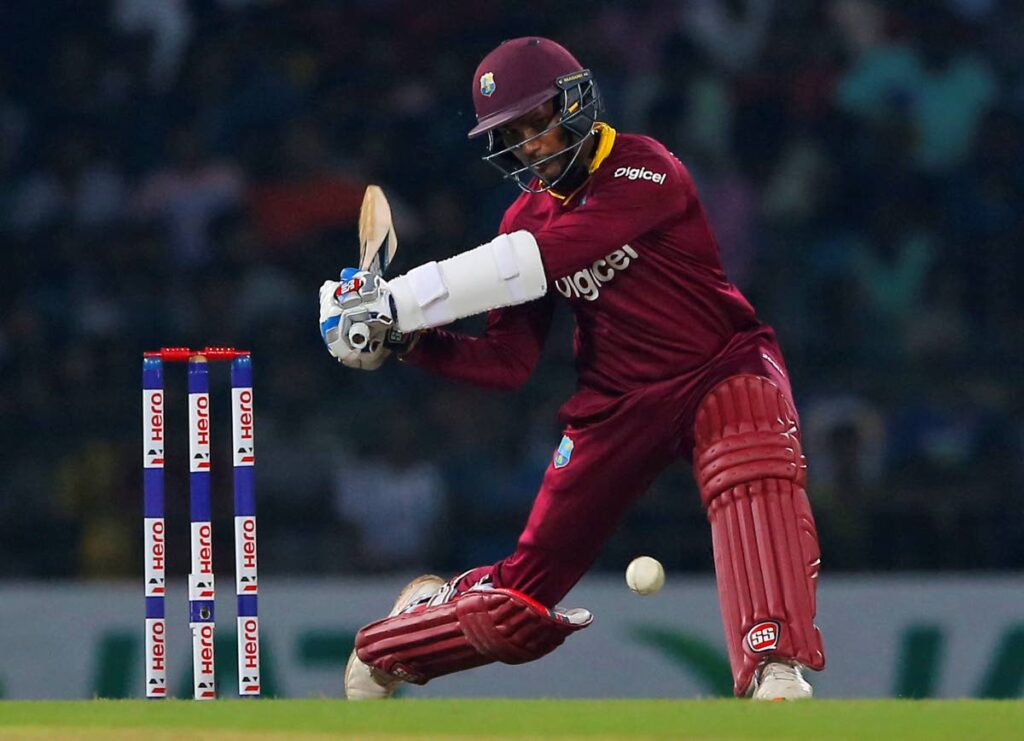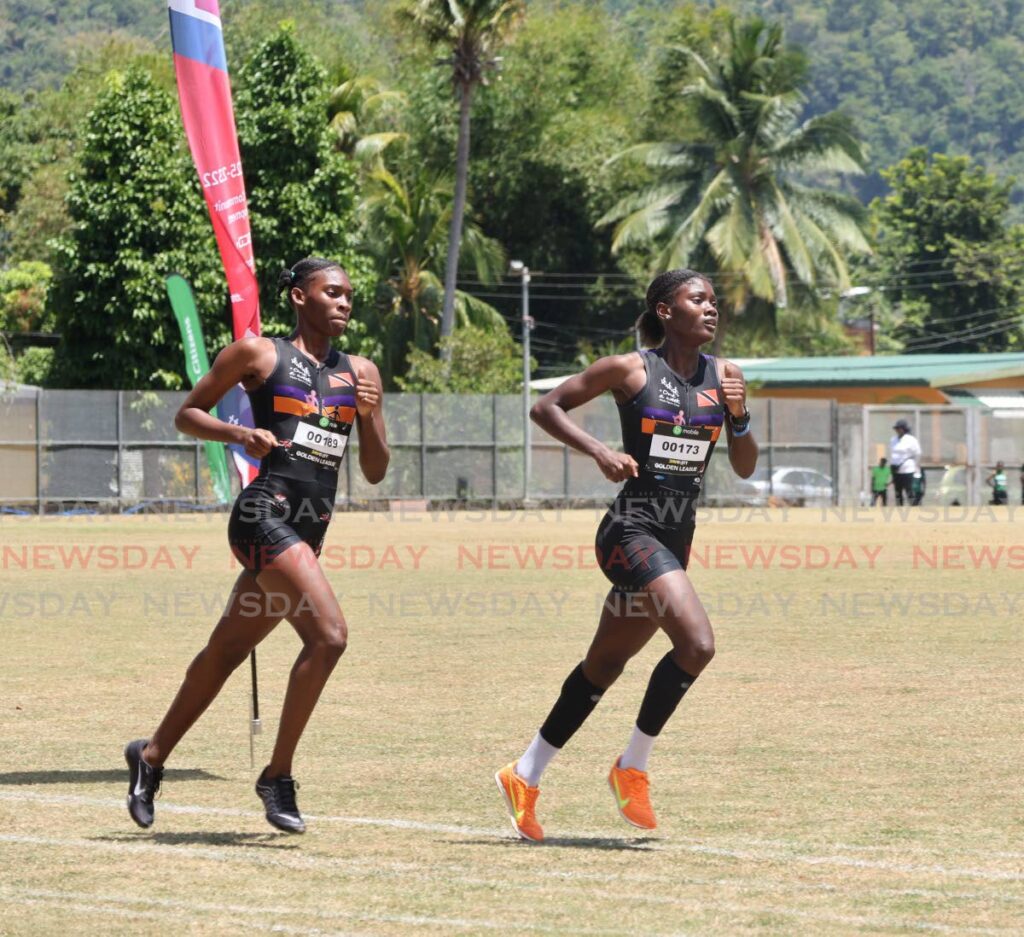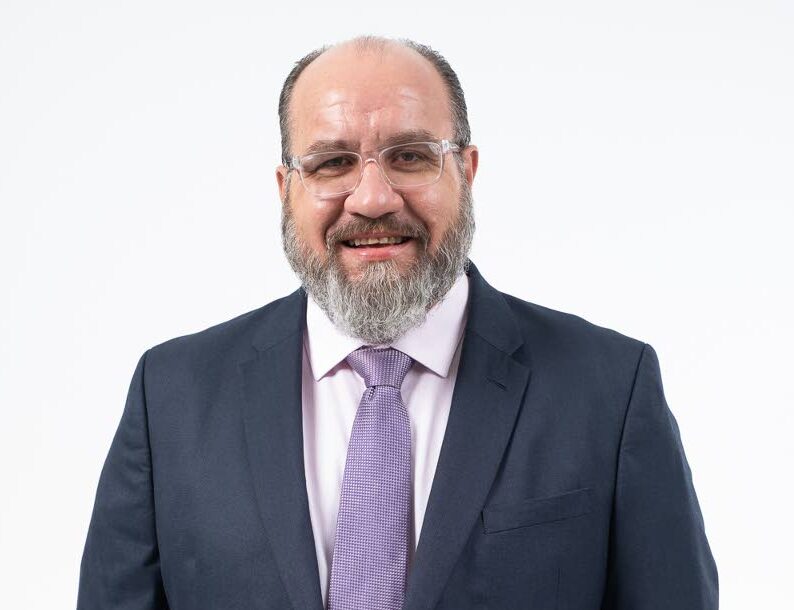PNM’s secrecy strength is country’s weakness
Written by Paolo Kernahan on January 17, 2025

Paolo Kernahan
There’s a reason the PNM is often pejoratively described as a masonic lodge – secret handshakes, special favours for members, bizarre rituals, etc. We were reminded of this as the party worked frantically to suture fissures the Rowley-led coronation of Stuart Young as PM-designate opened up.
Rebel MPs who demurred on signing a document affirming their rubber stamp on Rowley’s hand-reared successor quickly and inexplicably fell into line. Suddenly, all was right in the “venerable” institution. Unity was restored and in a poorly worded statement, Young triumphantly threatened, “The country will have to face team PNM.”
That whiplash about-face raises questions.
What deals were made to grease this transition, allowing Rowley easy egress and the “tong boy’s” effortless ingress into an institution that prides itself on democratic principles and procedures? What assurances were given to get opposing voices onside? What secret handshakes?
Much is made of the fact that the PNM doesn’t air its dirty laundry in public. If there’s infighting, it’s kept quiet – like a village cock fight. This is sold and enthusiastically purchased as an admirable quality.
As party jefes hustled into and out of Balisier mansion last week nearly all MPs and assorted members were stuck on mute. They were skinnin’ and grinnin’ as they evaded encamped reporters.
“I would prefer to say nothing!” Why even say that then? What many ordinary citizens aren’t seeing beyond these theatrics is this: a political party built on secrecy is a government of secrecy.
What devout supporters see as their party’s greatest strength is, in fact, the country’s greatest weakness – given that the PNM is the default government of TT. When we emerged from colonialism into nationhood, the PNM was the software that came with the new country.
Here’s a little exercise; choose the option you think is best for you and your family.
A) Members of a political party slavishly agree with all edicts of the leader despite grave concerns.
B) Members of a political party stand up and object to leadership decisions they believe are ill-advised or in the worst interest of the nation.
Folks who choose option A are probably untroubled by this administration’s continued support of a minister under whom crime rose steadily, achieving an ignominious record at the end of 2024. Notwithstanding this individual’s glaring unsuitability for the role into which he’s been thrust, party unity on his tenure trumps what’s in the people’s best interest. These are the stakes.
Party disagreement over Young’s ascension to be seated at the right hand of the father, eventually taking the throne himself is healthy. Outliers will always be better than outright liars. Folks like Robert Le Hunte and Jennifer Baptiste-Primus should be applauded for going up against the party machinery publicly.
Openly questioning the way Rowley triggered his retirement and bequeathed the role to Young was a bold move. They did so knowing they courted political exile and potential exclusion from consideration in the next PNM administration.
Also admirable was the decision of UNC members Rushton Paray, Dinesh Rambally, Anita Haynes-Alleyne, Dr Rai Ragbir and Rodney Charles to brazenly challenge the hegemony within the Opposition.
They were driven by their convictions (and likely a fair bit of personal political ambition) that their leader’s decisions were bad for the party and, by extension, the country. Such offences against the crown aren’t without consequences.
What PNM supporters deride as infighting that makes the party look unstable is democracy at work.
The belief that adherents should fall silently and dutifully in line behind one strong person is the foundation for dictatorship – or at least its close cousin, maximum leadership. When one man or woman can make unchallenged decisions, what you get is a socio-economic catastrophe, inequality, corruption and all our other greatest hits.
Historically, the UNC has always grappled with party insiders taking on the leader.
Basdeo Panday had to contend with Ramesh Lawrence Maharaj, Trevor Sudama and Ralph Maraj. A split in the party eventually gave birth to the Congress of the People, such that it is.
Panday was pushed out making way for Kamla Persad-Bissessar. Now we have the insurrectionists who challenged Kamla’s leadership.
Without dissent, the leader subsumes the party – all roads must go through him or her and the party is reduced to a mere appendix of the one. It becomes the expression of one person’s will, supported by a core group of feckless acolytes.
No citizen should be comfortable with a political party whose governing traditions are hinged on keeping us in the dark.
The post PNM’s secrecy strength is country’s weakness appeared first on Trinidad and Tobago Newsday.




